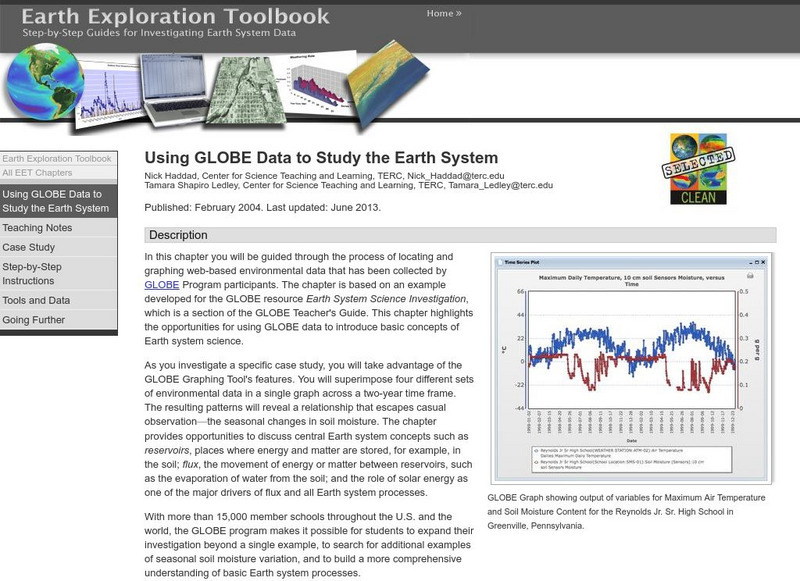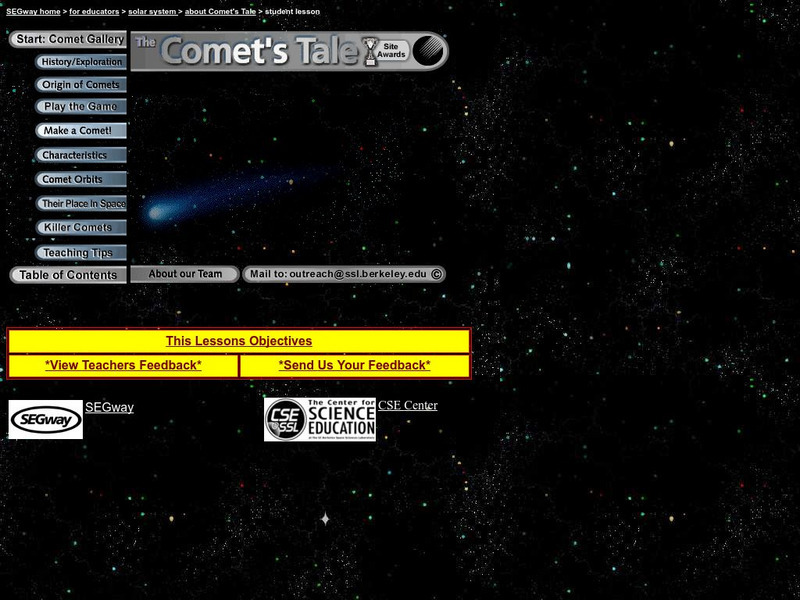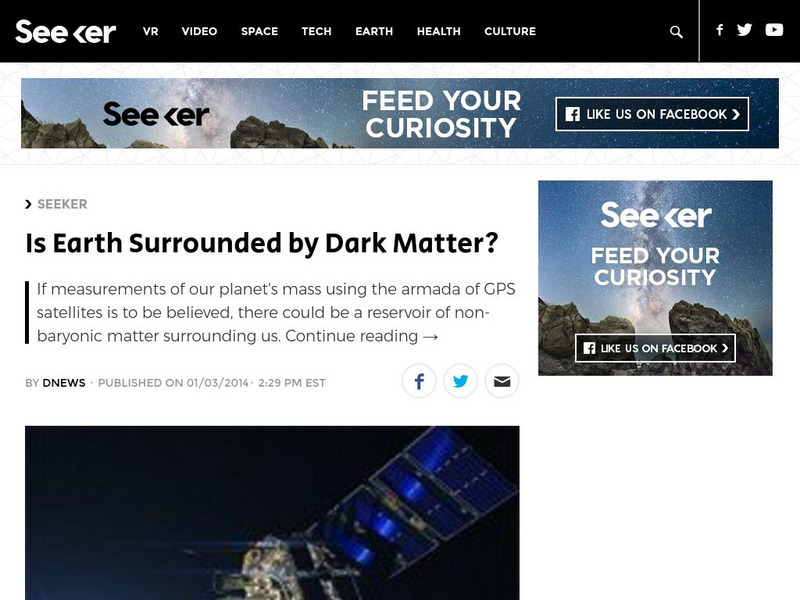CK-12 Foundation
Ck 12: Earth Science: Formation of the Sun and Planets
[Free Registration/Login may be required to access all resource tools.] How the Sun and planets formed.
CK-12 Foundation
Ck 12: Earth Science: Jupiter
[Free Registration/Login may be required to access all resource tools.] Recognize the features of the planet Jupiter, including the Great Red Spot.
CK-12 Foundation
Ck 12: Earth Science: Jupiter
[Free Registration/Login may be required to access all resource tools.] Recognize the features of the planet Jupiter, including the Great Red Spot.
CK-12 Foundation
Ck 12: Earth Science: Inner Versus Outer Planets
[Free Registration/Login may be required to access all resource tools.] Compares the characteristics of inner and outer planets.
CK-12 Foundation
Ck 12: Earth Science: Inner Versus Outer Planets
[Free Registration/Login may be required to access all resource tools.] Compares the characteristics of inner and outer planets.
Science Education Resource Center at Carleton College
Serc: Using Globe Data to Study the Earth System
This lesson guides students through the process of locating and graphing web-based environmental data that has been collected by GLOBE Program participants. The lesson provides opportunities for using GLOBE data to introduce basic...
National Geographic
National Geographic: Educator Resources: Extreme Weather on Other Planets
Find lesson plans, worksheets, photo galleries, and related links for teaching about the weather systems of planets in our solar system.
Science Struck
Science Struck: How Was the Earth Created
This resource gives a detailed explanation of the stages that the Earth and the solar system went through beginning with their origins in the Big Bang up to the present time.
Science Buddies
Science Buddies: How Big Are the Planets in Our Solar System?
This activity explores the relative size of the eight planets that circle around the Sun.
National Earth Science Teachers Association
Windows to the Universe
Windows to the Universe has developed an interactive resource about the earth, space, biological and physical sciences. Content includes information on our planet, the solar system, the universe, myths associated with space, space...
University of California
Univ. Of Cal Berkeley: The Comet's Tale
Site provides extensive information in the study of comets. Includes excellent graphics that depict what comets look like as they travel through the solar system. Also includes information on how comets may have effected the Earth's...
NASA
Nasa Star Child: Star Child
StarChild from NASA defines and describes the Solar System in a simple and easy-to-understand manner. The website is broken down into two versions for the student, grade school and junior high.
Seeker
Seeker: Week of 1 6 14: Is Earth Surrounded by Dark Matter?
Article reports on a presentation that suggests that the Earth is surrounded by dark matter.
E-learning for Kids
E Learning for Kids: Egypt: How Do the Sun, Moon and Earth Revolve Around Each Other?
Omar helps his parents sell things at the market. Join him while he learns about the relationship of the Sun, Moon, and Earth.
Ducksters
Ducksters: Astronomy for Kids: The Planet Earth
This site is astronomy for kids and teachers! Here students can learn about the planet Earth of the Solar System including fun facts, mass, day, year, and distance from the Sun.
Science Buddies
Science Buddies: Kinesthetic Astronomy: Earth's Rotation
This kinesthetic activity will demonstrate concepts like rotation and orbit, clarify movement and direction, and help learners understand why earthlings see different things in the sky.















